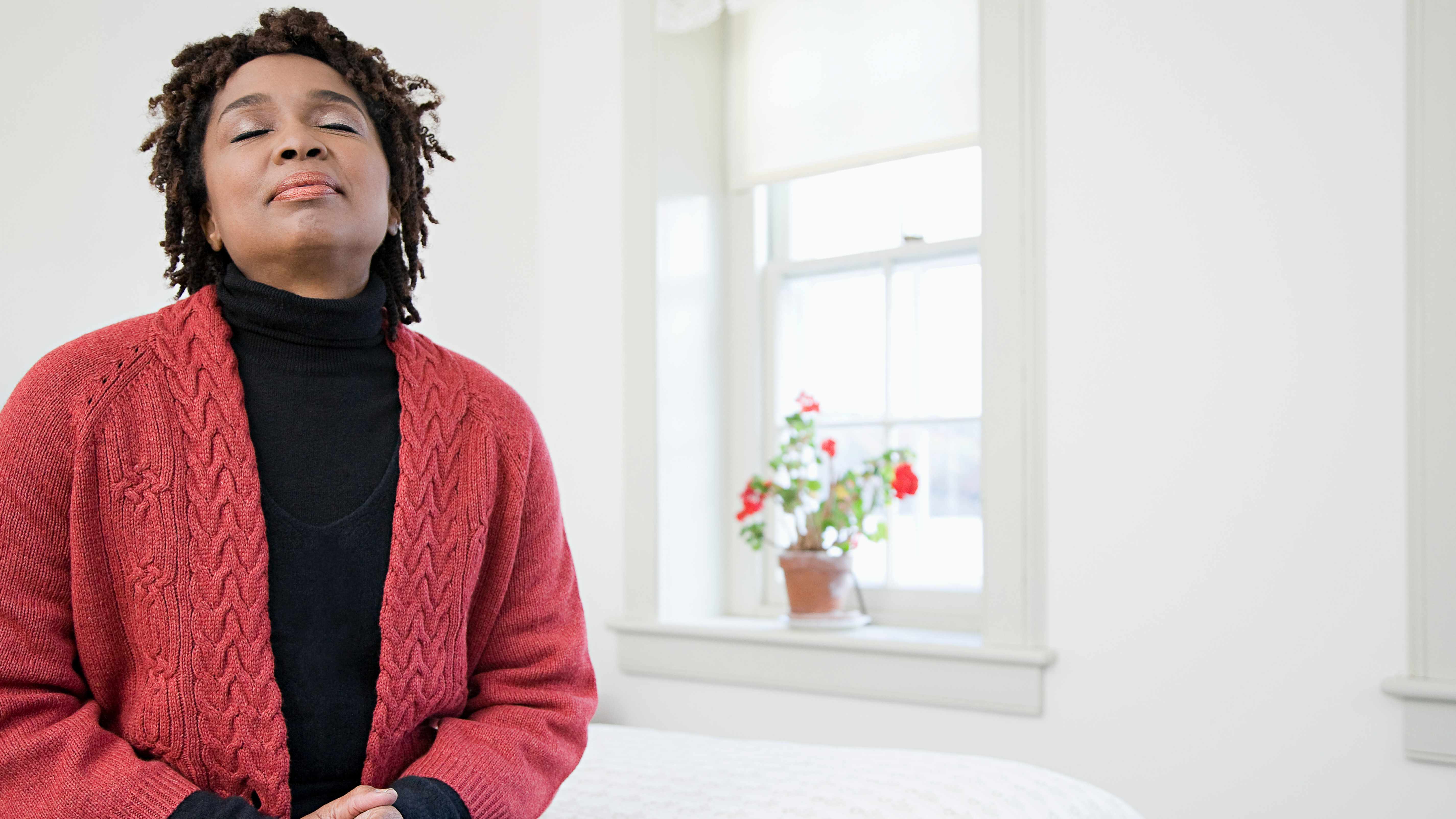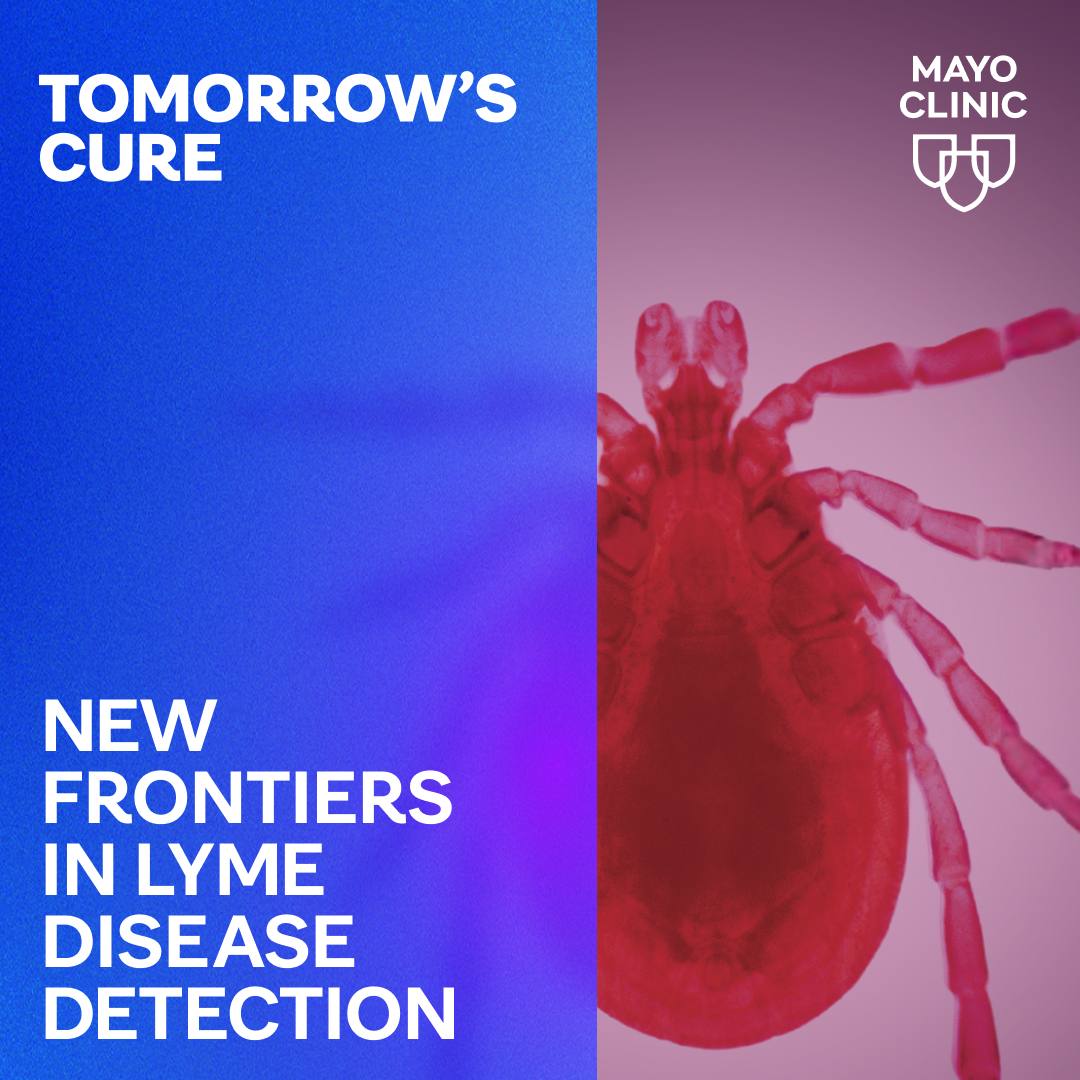-
Mayo Mindfulness: How mindfulness helps you live in the moment
 If you've heard of or read about mindfulness — a form of meditation — you might be curious about how to practice it. Find out how to do mindfulness exercises and how they might benefit you.
If you've heard of or read about mindfulness — a form of meditation — you might be curious about how to practice it. Find out how to do mindfulness exercises and how they might benefit you.
What is mindfulness?
Mindfulness is the act of being intensely aware of what you're sensing and feeling at every moment — without interpretation or judgment.
Spending too much time planning, problem-solving, daydreaming, or thinking negative or random thoughts can be draining. It can also make you more likely to experience stress, anxiety and symptoms of depression. Practicing mindfulness exercises, on the other hand, can help you direct your attention away from this kind of thinking and engage with the world around you.
What are the benefits of mindfulness exercises?
Practicing mindfulness exercises can have many possible benefits, including:
- Reduced stress, anxiety and depression
- Less negative thinking and distraction
- Improved mood
What are some examples of mindfulness exercises?
There are many ways to practice mindfulness. For example:
- Pay attention. The next time you meet someone, listen closely to his or her words. Think about their meaning and uniqueness. Aim to develop a habit of understanding others and delaying your own judgments and criticisms.
- Make the familiar new again. Find a few small, familiar objects — such as a toothbrush, apple or cellphone — in your home or office. Look at the objects with fresh eyes. Identify one new detail about each object that you didn't see before. As you become more aware of your world, you might become fonder of the things around you.
- Focus on your breathing. Sit in a quiet place with your back straight, but relaxed. Feel your breath move in and out of your body. Let your awareness of everything else fall away. Pay attention to your nostrils as air passes in and out. Notice the way your abdomen expands and collapses with each breath. When your mind wanders, gently redirect your attention to your breath. Don't judge yourself. Remember that you're not trying to become anything — such as a good meditator. You're simply becoming aware of what's happening around you, breath by breath.
- Awaken your senses. Get a raisin. Sit in a quiet place with your back straight, but relaxed. Look at the raisin. Smell it, feel it and anticipate eating it. Taste the raisin, and slowly and deliberately chew it. Notice the way the raisin's taste changes, your impulse to swallow the raisin, your response to that impulse and any thoughts or emotions that arise along the way. Paying close attention to your senses and your body's reaction to the raisin might reveal insight into your relationship with eating and food.
When and how often should I practice mindfulness exercises?
It depends on what kind of mindfulness exercise you plan to do.
For example, if you choose to closely pay attention to another's words, you can repeat the exercise throughout the day. You might try it when you wake up and talk to your partner, at the beginning of a meeting with a co-worker, or during dinner with your friends or family. Avoid practicing this type of exercise while driving, however. Aim to practice for 15 to 20 minutes, four to eight times a day.
For other mindfulness exercises, such as focused breathing, you'll need to set aside time when you can be in a quiet place without distractions or interruptions. You might choose to practice this type of exercise early in the morning, before you begin your daily routine.
Aim to practice mindfulness every day for about six months. Over time, you might find that mindfulness becomes effortless. Think of it as a commitment to reconnecting with and nurturing yourself.
This article is written by Mayo Clinic Staff and can be found with other health and medical information on mayoclinic.org.







